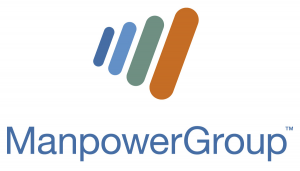European Commission proposes a radical change of VAT system
20.12.2017Company: PricewaterhouseCoopers Česká republika, s.r.o.
The EC released a proposal for reform of the VAT system in the EU. The fundamental change is that VAT should be charged for intra-EU cross-border supplies of goods as if the goods were sold domestically. This would end the temporary VAT system applied from 1967.
The EC will strive to reach an agreement during the final negotiations on four cornerstones:
1) Tackling fraud - VAT will be newly charged on cross-border trade between businesses which is currently VAT exempt.
2) Introduction of One-Stop-Shop - businesses will be able to make declarations, payments and deductions for cross-border supplies of goods through a single online portal in their own language and according to the same rules and administrative templates as in their home country. Member States will then pay the VAT to each other directly.
3) Greater consistency - VAT will always be paid to the Member State of the final consumer and charged at the rate of that State.
4) Less red tape – e.g. simplification of invoicing rules or cancellation of the EC Sales List. The EC proposal also introduces the concept of a Certified Taxable Person, a category of trusted business that will benefit from the various simplifications (in detail in the next article).
Some of the measures will come into force as early as in 2019. However, the proposal will require unanimous agreement from all Member States in the Council, including Great Britain, which is expected to leave the EU by 29 March 2019. Therefore, further steps by Great Britain will also be crucial to the legislative process.
Tags: Finance |







